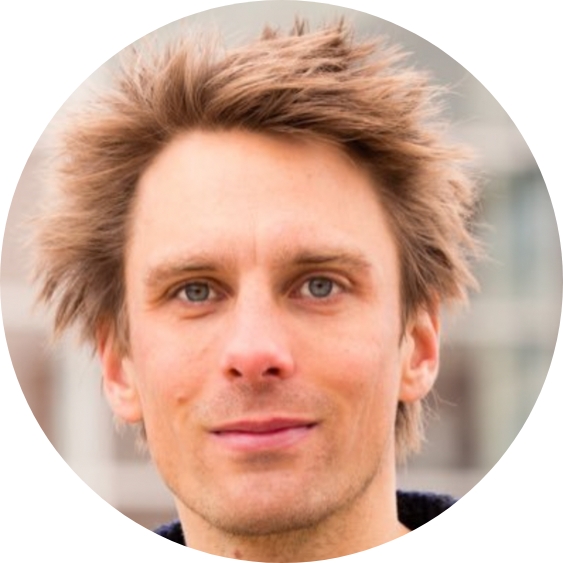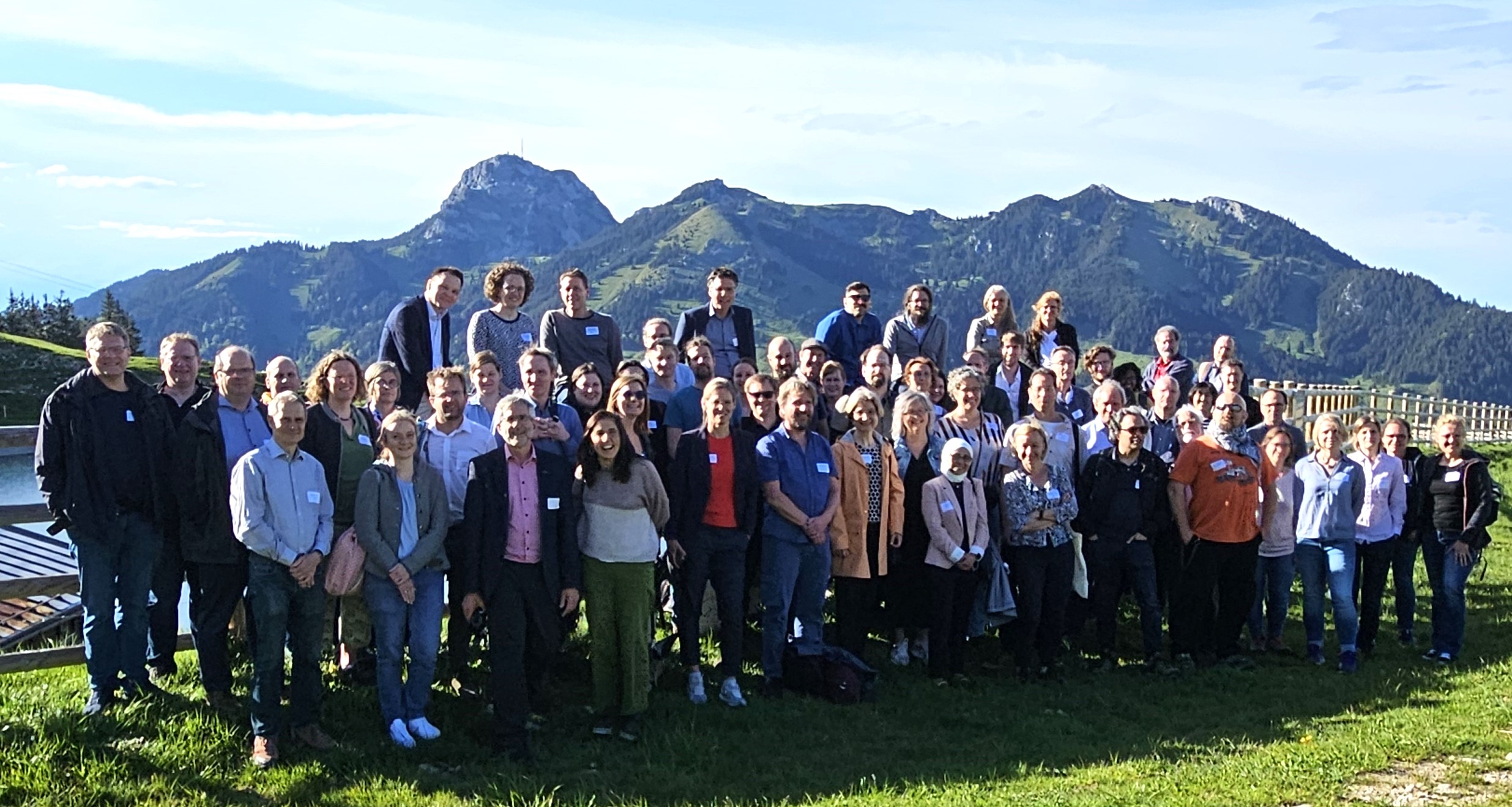Proceedings and videos of keynotes The conference proceedings and recorded keynote videos from the 12th…

With the current emphasis on change in higher education, emerging discourses easily reduce educational research to provide clear guidelines for systematic improvements and to distinguish efficient education practices from inefficient ones. Through an emphasis on efficiency, education research, and development are degraded to finding best practices without considering questions as to whether particular interventions are desirable or what means are used to achieve effects. Or as Gert Biesta (2007, p. 5) put it: ´The focus on ‘‘what works’’ makes it difficult if not impossible to ask the questions of what it should work for and who should have a say in determining the latter.´
Grounded in a positivistic paradigm, the assumption is that there is one optimal way of teaching that we can discover or at least come closer and closer to. In other words, education is reduced to a technological practice. As I have argued in the short communication Back to the future – Challenging traditional positions and hierarchies in academic development, the problem with approaching education as a purely technological practice is that it undermines the moral dimension of education and fails to acknowledge that education is constantly shaped, interpreted, and negotiated by the people involved in it.
In A dialog on reclaiming higher education as a space for play, we build on ideas of education as a dialogic praxis to create an opportunity space for students and teachers to learn with and from each other by acknowledging everyone as humans in the making. Seeing education from this perspective opens opportunities to encourage critical thought and questioning or what Paulo Freire calls ‘conscientização’ – the process of deepening one’s understanding of the social world. How this might unfold in the classroom, we have discussed in Challenging spaces: Liminal positions and knowledge relations in dynamic research partnerships, as well as Student perspectives on co-creating timescapes in interdisciplinary projects. However, these examples should not act as a template – they are not best practices – but rather illustrate the opportunity space that higher education offers.
As Carol Taylor (2017) points out: ‘What makes higher education spaces significant is that… they still perhaps offer greater openness for the emergence of new ethical subjectivities, and greater spontaneity for co-constructing teaching and learning relationally through joint action’. It is of utmost importance that educators together with students use and extend the spaces that higher education offers to counteract neoliberal, domesticating, and technocratic threats to a meaningful partnership. Students and educators need to co-create spaces that allow them to challenge traditional and predictable paths of education through dialogue, as I explore in Classrooms as a space for imagination and hope. This is crucial because universities are under press and these opportunity spaces disappear.
One of many ways that universities are under press is visible in contemporary debates about the university’s role in society that are oftentimes dominated by arguments that have a clear foundation in human capital theory. The focus has become how universities will directly contribute to the industry and produce graduates that function in the current work force. I argue that this is part of the problem in existing engineering education and that we need to widen the question to ask how to educate graduates that change the industry rather than simply functioning within. A purely instrumental view of higher education risks to position universities as nothing more than an instrument for economic progress and suppliers that deliver education as defined by industry. How this might look like, I have explored in the rather dark science fiction short story Universities are Dead Long Live Higher Education.
In this context, value creation is often discussed only from a monetary perspective with an emphasis on economic growth, competition, and market-driven agendas. Ultimately, this leads to an economy-oriented view of higher education where knowledge, skills, curriculum, and academic credentials inevitably assume a monetary value and have an economic purpose to fulfill. If universities are only considered as tools, we are creating economy-based knowledge instead of contributing to a society with a knowledge-based economy. Higher education is stripped from its intrinsic value and no longer acknowledged as an important place for people to learn, interact and imagine a different future. It is important to emphasize that understanding and knowledge, as well as participation in learning processes, are valuable in themselves and cannot be described only in economic terms and as part of market agendas.
By appreciating the complexity of universities and acknowledging different views of higher education, I argue that it is possible for the university to create opportunities for students and staff to learn to ask difficult questions. These questions, contextualized within and across disciplines, create a space of opportunity at the universities to challenge the “status quo” we live in, imagine new forms of living a good life, and actively shape how we move forward as a society. It is therefore important to take the universities’ complexity into account and consider both instrumental and intrinsic views of higher education. With the challenges we face, we need a higher education sector that can actively contribute to change and not just uncritically listen to what current companies want.
I want to finish with a quote by Hannah Arendt, which has stuck with me when thinking about higher education, change, and the opportunity spaces that universities still can offer:
‘Education is the point at which we decide whether we love the world enough to assume responsibility for it and by the same token save it.’
